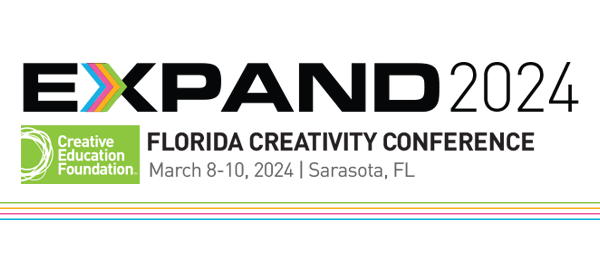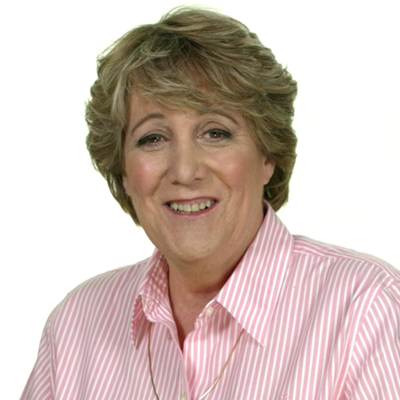Engage Your Creativity and Resiliency with Emotional Mastery
“He who gains victory over others is strong. But he who gains victory over himself is all powerful.” — Lao Tzu
Ideas and thoughts don’t compel us into action; our emotions do. In the first moments of creative inspiration, if our emotions aren’t actively engaged our attempts at creative action can feel lifeless. But our connection to our creativity can feel blocked if our emotions feel overwhelming,
Many people judge emotions as good or bad and try to avoid dealing with the challenging ones. But in reality all our emotions actually contain important internal messages for us. If we don’t open up and process our difficult emotions our access to our creativity can feel elusive.
By learning the principles of Emotional Mastery, a simple and gentle system, we can decode those messages and learn what’s really going on. When we understand what the core issue is by applying Emotional Mastery, we become clearer and more resilient and can re-engage with our creativity in a deeper, more meaningful way.
Through intriguing discussion and safe, fun experiential exercises, we’ll practice how to open up the inner messages of your emotions and enhance your ability to engage more vibrantly with your creativity.
What:
What 3 things might your participants learn or experience as a result of your workshop?
- You will learn and practice Emotional Mastery, a simple, gentle method for how to engage with your emotions and listen to them accurately so you can understand what messages they are really trying to tell you.
- You will learn how to decode and integrate the important messages your emotions are telling you and how to vibrantly engage them with your creative process.
- You will experience the process during the workshop so it can be immediately put to use in any domain of their lives, especially and including your creativity.
So What:
What might be 3 ways that the content of your workshop changes your attendees’ perceptions, habits, ways of working, or view of the world?
- You will appreciate the value and usefulness of working with all your emotions in a non-judgmental, powerful way as an integral part of opening up and engaging with your creative process.
- You will see that this powerful process is not chaotic, is safe, has an internal logic, and can profoundly enrich your relationship with your own creative process.
- You will learn and apply the practical benefits of this method of Emotional Mastery for enriching other areas of your life as well.
Now What:
What are 3 ways your attendees might apply what they learn in your workshop?
- You will immediately be able to apply your experience of learning to pay attention and systematically work with your deepest emotions and then consciously engage them with your creative process.
- You will gain confidence in your ability to re-energize your creativity by including the Emotional Mastery process as an integral part of your creative process.
- In addition you will be able to enhance other areas of your life by practicing the Emotional Mastery process on a daily basis and learning to use it in systematic and supportive ways.

